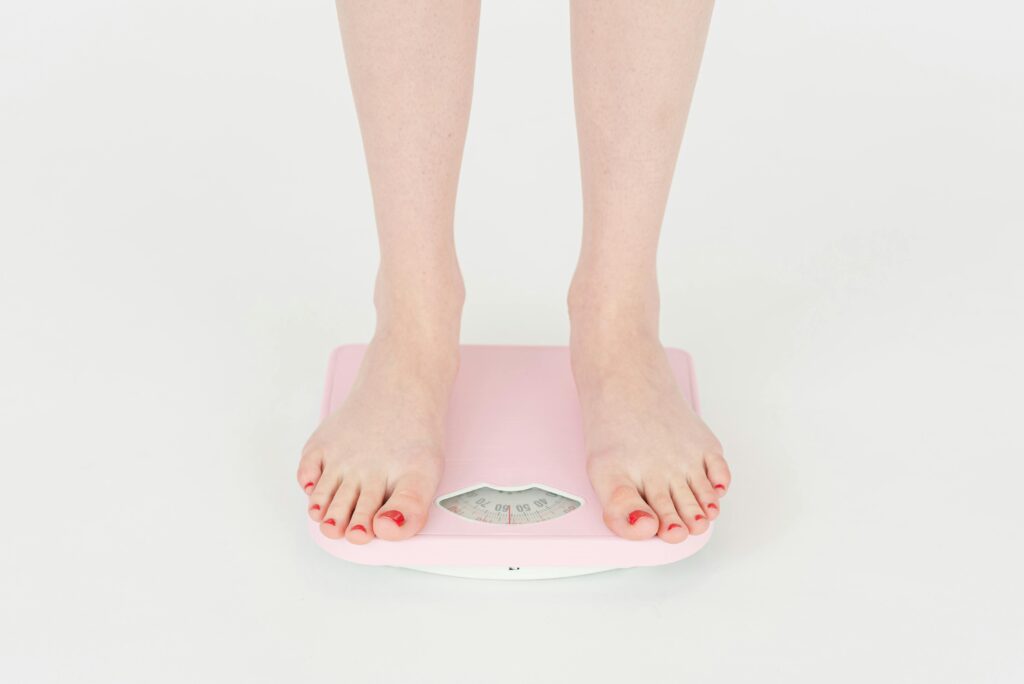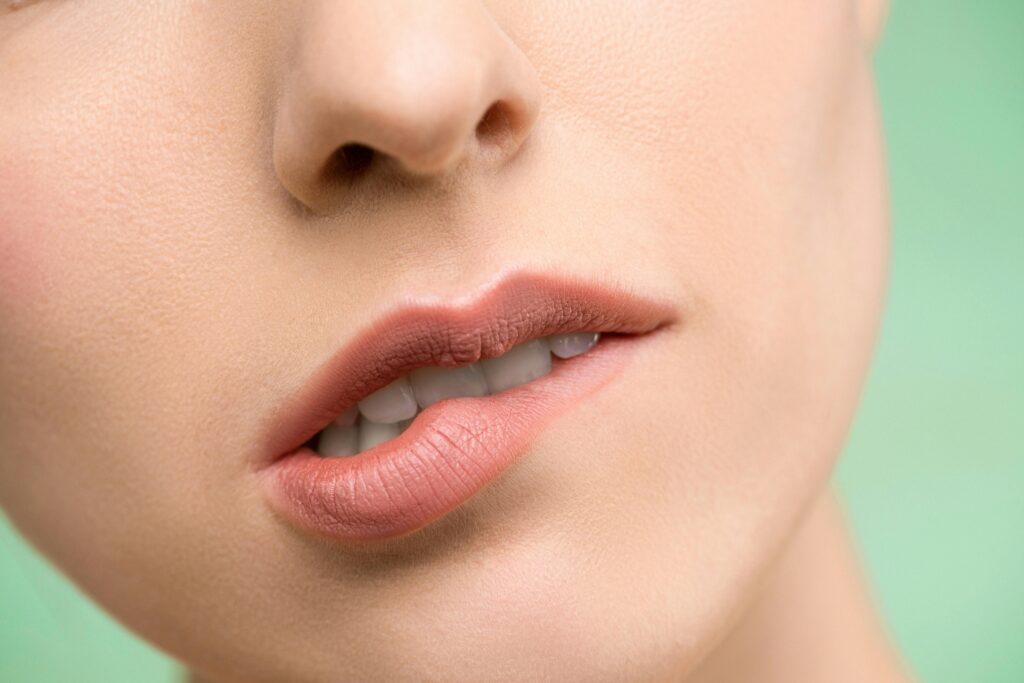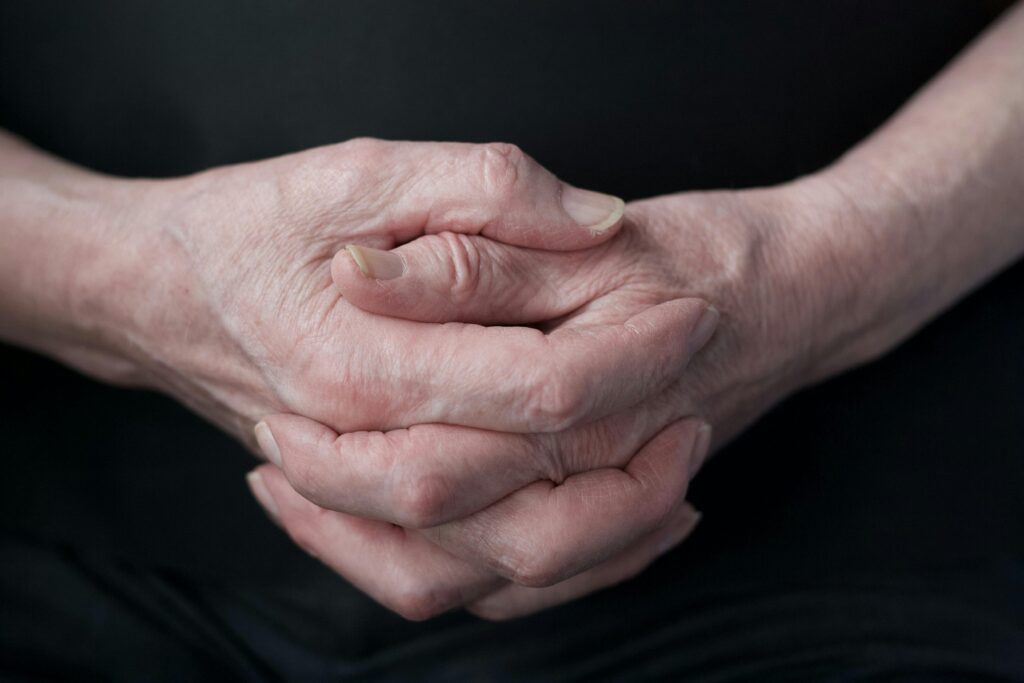
Overview
Caffeine is a cornerstone of modern life for many, offering a quick energy boost that fuels productivity and helps combat fatigue. Yet, for all its benefits, caffeine can also have drawbacks, particularly when consumed in excess. If you’ve ever considered quitting caffeine, you’re not alone. Whether for health reasons, to improve your sleep, or simply to break dependence, eliminating caffeine can lead to significant improvements in your physical and mental well-being.
This guide will explore what happens when you quit caffeine, covering the benefits, challenges, and practical strategies for a smoother transition
Improved Sleep Quality
One of caffeine’s most immediate impacts is its interference with sleep. By blocking adenosine—a neurotransmitter responsible for promoting sleep—caffeine keeps you alert but can lead to restlessness and disrupted sleep cycles.
- Falling asleep faster
- Staying asleep longer
- Waking up feeling more refreshed and energized
Studies suggest that even caffeine consumed six hours before bedtime can reduce total sleep time. Quitting caffeine eliminates this interference, paving the way for healthier sleep habits
Related : 14 Signs You’re Low on Vitamin B12
Reduced Anxiety Levels
Caffeine stimulates the central nervous system, triggering a “fight-or-flight” response. For individuals prone to anxiety or stress, this can manifest as jitteriness, increased heart rate, or even panic attacks.
- Stabilizes your nervous system
- Reduces physical symptoms of anxiety
- Promotes a calmer and more relaxed mental state
This is particularly beneficial for those managing conditions like generalized anxiety disorder or social anxiety.
Fewer Bathroom Breaks
Caffeine acts as a diuretic and a natural laxative, leading to frequent urination and, for some, loose stools.
- Normalizes bathroom habits
- Reduces the inconvenience of constant restroom visits
- Helps maintain better hydration
For individuals with sensitive bladder issues, cutting caffeine can be a game-changer
Related : Proven Ways to Lose Weight Without Diet or Exercise
Balanced Blood Pressure

As a stimulant, caffeine temporarily raises blood pressure and narrows blood vessels. While this is usually harmless for healthy individuals, it can pose risks for those with hypertension or cardiovascular conditions.
- Lower blood pressure
- Reduced strain on the heart
- Decreased risk of heart attacks and strokes
Even small reductions in blood pressure can significantly impact long-term heart health
Relief from Headaches
Ironically, while caffeine is often used to relieve headaches, it can also contribute to chronic headaches or migraines when consumed excessively. Withdrawal from caffeine can initially cause discomfort but ultimately leads to fewer headaches.
- Reduced frequency of migraines
- Better control over chronic headache patterns
- Lower dependency on pain relievers
Related ; What Happens if You Drink Too Much Water?
Enhanced Nutrient Absorption
Caffeine contains tannins, compounds that hinder the absorption of essential nutrients like calcium, iron, and B vitamins.
- Stronger bones and teeth due to better calcium retention
- Improved energy levels from adequate iron absorption
- Enhanced metabolic functions supported by B vitamins
Quitting caffeine ensures your body can maximize the nutrients from your diet, supporting overall health.
Weight Loss

Many caffeinated beverages, such as specialty coffees or energy drinks, are loaded with sugar and calories. Eliminating these drinks from your diet can contribute to natural weight loss.
- Reduces sugar cravings
- Encourages healthier drink alternatives
- Promotes a balanced diet
By cutting out these “empty calories,” you can achieve weight management more effectively
Related ; Best Spices to Boost Your Metabolism, According to a Dietitian
Balanced Hormones
Caffeine can influence hormone levels, particularly estrogen, which plays a crucial role in women’s health. For some, this may exacerbate conditions like endometriosis or worsen menopausal symptoms.
- Stabilizes hormone levels
- Reduces risk factors for hormone-related health issues
- Alleviates menstrual or menopausal discomfort
A balanced hormonal system supports better mood regulation and overall health
Healthier Teeth

Coffee and tea are notorious for staining teeth and reducing saliva production, which protects against decay.
- Brighter, whiter teeth
- Stronger enamel due to improved saliva flow
- Reduced risk of cavities
Quitting caffeine helps maintain better oral hygiene and a more confident smile
Related : Is Olive Oil or Avocado Oil Better for Cooking?
Fewer Digestive Issues
Caffeine stimulates the digestive tract, which can worsen symptoms of conditions like GERD (acid reflux) or IBS.
- Reduced acid reflux
- Better control over bowel movements
- Relief from digestive discomfort
For those with sensitive stomachs, quitting caffeine can bring significant relief.
Improved Cardiovascular Health
Caffeine’s stimulating effects can strain the heart over time, especially in individuals predisposed to heart issues.
- A lower resting heart rate
- Reduced risk of arrhythmias
- Improved overall heart function
Quitting caffeine is a small step with a big impact on long-term cardiovascular health.
Slower Skin Aging

Caffeine slows collagen production, leading to premature wrinkles and sagging skin.
- Firmer, more elastic skin
- Reduced appearance of fine lines
- Enhanced hydration and glow
Collagen is essential for maintaining youthful skin, and quitting caffeine helps your body produce it more efficiently
Relief from Urinary Symptoms
Frequent urination caused by caffeine can be uncomfortable and inconvenient. For individuals with bladder sensitivity, caffeine may exacerbate irritation.
- Reduced urgency and frequency of urination
- Alleviation of bladder discomfort
- Improved hydration levels
Related : Why Starving Yourself Isn’t a Good Idea for Weight Loss
Break from Dependence
Regular caffeine consumption can lead to physical dependence, altering your brain chemistry over time.
- Regain natural energy levels
- Avoid dependency-related fatigue
- Feel more in control of your daily habits
Breaking the cycle allows you to approach your day with genuine energy and focus.
Fewer Withdrawal Symptoms
While quitting caffeine can cause withdrawal symptoms initially, these effects are temporary and subside within a week.
- Gradually reduce your intake instead of quitting cold turkey
- Stay hydrated to combat dehydration-related fatigue
- Prioritize sleep and physical activity for natural energy boosts
- Once past this phase, you’ll enjoy the benefits of a caffeine-free life.
Increased Sensitivity to Flavors
Without caffeine masking your taste buds, you may notice food and drinks tasting richer and more flavorful
- Enhanced appreciation for subtle flavors
- Better enjoyment of meals and beverages
- A renewed interest in cooking and trying new recipes
Related : Surprising Signs You May Be Vitamin D Deficient
Tips for Reducing Caffeine Withdrawal Symptoms
Making the transition away from caffeine doesn’t have to be overwhelming. Follow these strategies to ease the process:
- Cut Back Gradually: Start by reducing your daily intake in small increments.
- Stay Hydrated: Drink plenty of water to flush toxins and prevent dehydration.
- Get Enough Sleep: Aim for 7–9 hours of quality sleep each night.
- Exercise Regularly: Physical activity naturally boosts energy and improves mood.
- Choose Decaf Alternatives: Replace regular coffee or tea with caffeine-free options
The Takeaway
Quitting caffeine can be transformative for both your physical and mental health. From better sleep and reduced anxiety to healthier teeth and slower skin aging, the benefits are numerous. While the journey may come with challenges—like initial withdrawal symptoms—the long-term rewards make it worthwhile
Related : Health Benefits of Beets
Whether you’re cutting back to improve your well-being or exploring a completely caffeine-free lifestyle, take it one step at a time. With patience and persistence, you’ll find yourself thriving in a healthier, more balanced state. Embrace the change, and let your body thank you
FAQs About Quitting Caffeine
How long does it take to feel better after quitting caffeine?
Most withdrawal symptoms, such as headaches, fatigue, and irritability, subside within 3–7 days. However, some benefits, like improved sleep and reduced anxiety, may take a few weeks to become noticeable.
Can quitting caffeine cause weight gain?
It depends. Some people might initially consume more calories to combat fatigue or cravings. However, eliminating sugary caffeinated drinks often leads to reduced calorie intake, which can support weight loss over time
Will quitting caffeine improve my energy levels?
Yes, once your body adjusts, your natural energy levels should stabilize. You’ll likely feel more consistent energy throughout the day without the highs and lows caused by caffeine consumption.
Is it safe to quit caffeine cold turkey?
Quitting caffeine cold turkey is safe but may cause more intense withdrawal symptoms. Gradually reducing your intake over several days or weeks is often more manageable and minimizes discomfort.
What are some good alternatives to caffeine?
Decaf coffee, herbal teas, lemon water, or sparkling water with a splash of fruit juice can be excellent alternatives. These options can provide a refreshing and satisfying replacement without caffeine.
Does quitting caffeine improve skin health?
Yes, quitting caffeine can improve skin health by promoting better hydration and increasing collagen production. Over time, you may notice firmer, more radiant skin with fewer signs of aging











